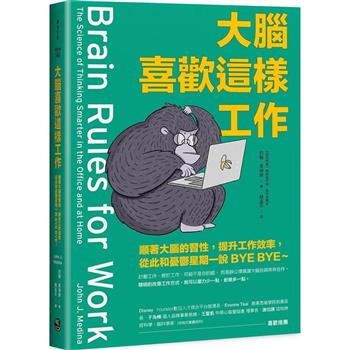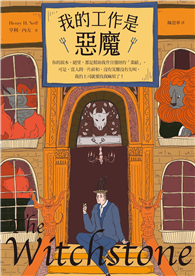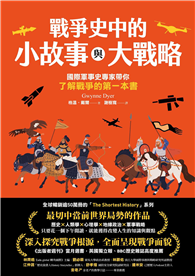Japan at War, 1914-1952 is a synthetic and interpretive history that highlights the centrality of war to the modern Japanese experience.
The author argues that war was central to Japanese life in this period--the era when Japan rose and fell as a world power. The volume examines how World War I set off profound changes that led to the rise of a politicized military, aggressive imperial expansion, and the militarization of Japanese social, political, and economic life. War was extraordinarily popular, which helped confirm Japan’s aggressive imperialism in the 1930s and war across the Asia-Pacific in the 1940s. It took a defeat by 1945 and occupation through 1952 to undo war as a national concern and to remake Japan into a peaceful nation-state. In telling this story of Japan in war and peace, this book highlights the importance of Japan in the creation of the modern world.
This study of political power and its influences in domestic and foreign affairs will be of great value to nonspecialist readers who are interested in this period, undergraduate and postgraduate students in introductory classes, and scholars interested in Japanese history and political, military, and international history.











